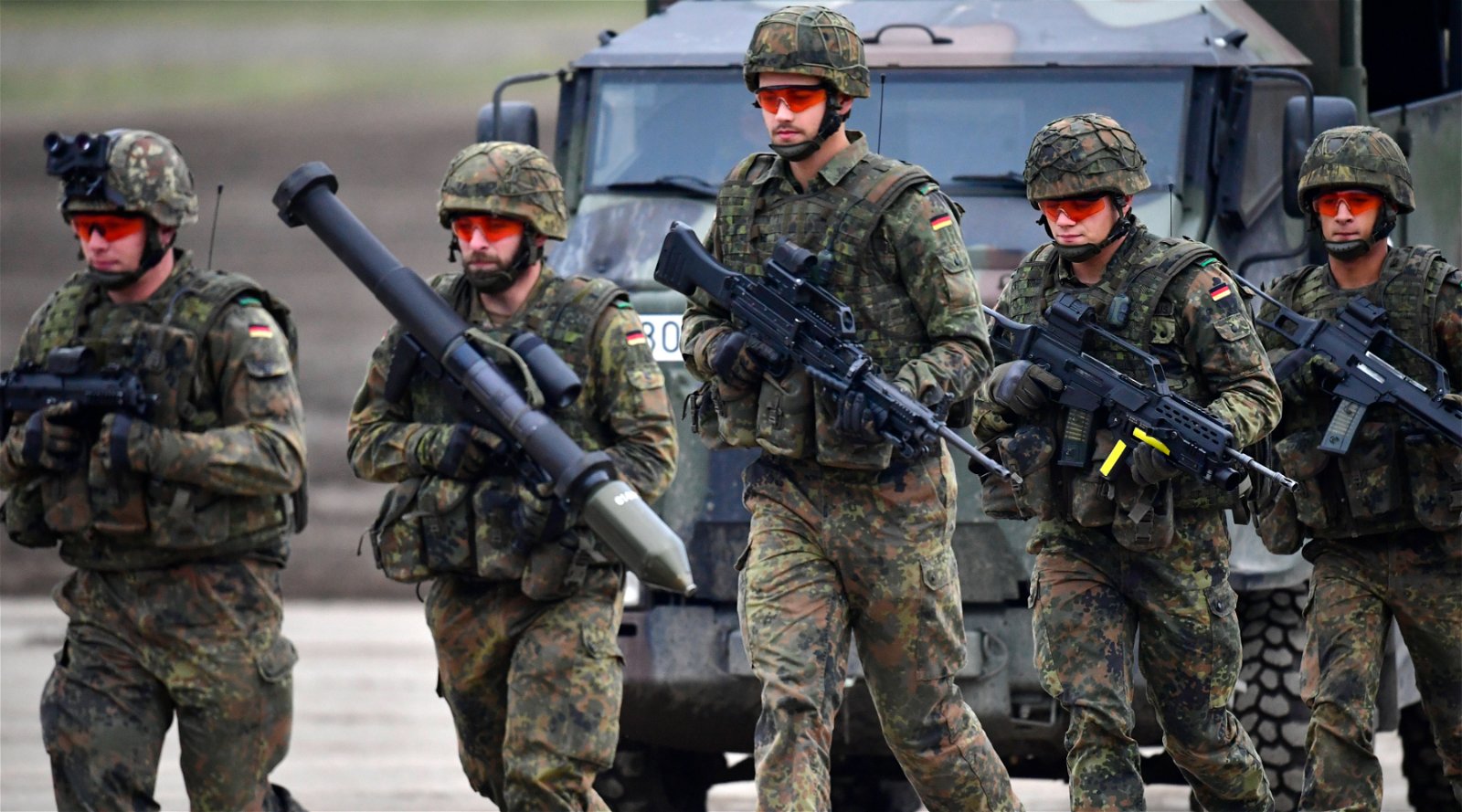Richland adopts war-torn Dutch town

- by maurya18@gmail.com
- May 2, 2024

Eighty years ago in 1944, German forces, occupiers of the Netherlands industrial town of Tiel since 1939, ordered 14,000 residents to evacuate as allied forces advanced from the south.
They were only allowed to take what they could carry.
The German forces then laid waste to the town as they looted and were bombarded by incoming firepower from the Allies.
Only five buildings in the town with 3,300 homes remained when Tiel was liberated on May 5, 1945.
Tiel residents were allowed to return on July 9, 1945, to begin rebuilding after remaining entrenched German forces had been overrun or surrendered, and land mines and other munitions were removed from the town and orchards surrounding it.
Richlandstraat
Citizens of the Dutch town named the first three rebuilt streets for three benefactors helping the community recover.
Friesland was a northern city in the Netherlands, and also the same name as a northern province in the Netherlands. Both had reached out.
It was named for Richland, Washington: Richlandstraat. Google Maps shows it to be a narrow, brick-paved, one-way road, more alley than street.
Residents of post-war Richland became among the biggest benefactors helping post-war Tiel residents, raising money, donating food, clothing and other needed supplies.
Richland residents had asked themselves: “What are we, the atomic bomb workers who helped win the war, doing now in an effort to help build permanent peace?”
Through a program known as Birthday Gift, with funds raised going to hard-hit European communities, Richland citizens learned of the Dutch town of Tiel, and decided to help.
A benefit performance by the Richland Players of “Arsenic and Old Lace” raised $375, equivalent today of more than $5,000. The Girl Scouts raised another $342. The money was used for buying undergarments for Tiel women and baby clothes.
In addition, some 6,000 pounds of used clothes and 500 pounds of canned foods were shipped overseas
Grade schoolers at Sacajawea Elementary School collected crayons and toothbrushes, along with books, dolls, toys, string, pins, thread, paper clips and clothespins.
During Christmas in 1947, first–graders in Francile Marsh’s room at Sacajawea, skipped the class gift exchange and instead and voted to give their gifts to the Richland Kiwanis’ Gifts for Tiel drive.
The previous Christmas, in 1946, the Christmas for Tiel drive resulted in a 3,500-pound donation that included warm clothing, coffee, tea, cocoa and other nonperishable foods. Several pairs of worn shoes, still in good condition, were half-soled by a Richland shoe store and sent. The clothing and supplies went to the most needy families, as determined by churches and other social agencies in Tiel.
Efforts on behalf of Tiel continued, including $447.75 raised by Richland school children for toys. Some 3,000 toys were bought and sent through that effort.
Richland’s generous efforts were soon recognized in Tiel. Thank–you letters began piling up in Richland from the European community, addressed to the “Burgermeister,” or mayor, of Richland.
Richland residents then were asked to adopt a Tiel family and answer their letters. Some 300 Richlanders responded, including members of the Kiwanis Club of Richland, and supplies continued to be sent.
“Tiel was believed to be the first European town to be adopted by an American one,” according to a historical account of the exchange.
A Tiel resident, Tommy Bekker, sent pictures and stories of Tiel for publication in the Richland Villager, along with names and addresses of families. In his hometown newspaper, the Tielsche Courant, he wrote a column about Richland.
Richland Boy Scouts heard from their counterparts in Tiel, who described how badly their town had been devastated.
“But, never mind, we are free again and we may assure you that we will be deeply grateful for the wonderful part the Armies played in the liberation.”
Restoring the music
Richlanders moved to help restore something of “great cultural importance” to Tiel residents – music. During the German occupation, their music scores and musical instruments, along with band uniforms, had been taken from them. Requests went out in Richland for used musical supplies and uniforms.
As Tiel conditions began improving, residents there began sending gifts to Richland, mostly wooden shoes known as klompen and other souvenirs.
In a New York ceremony two days after Christmas in 1946, the Netherlands recognized Richland and 11 other organizations or communities aiding the country.
The certificate read: “Presented to Richland for the innumerable tangible evidence of brotherly love by which the people of the Netherlands, encouraged and strengthened during time of their greatest need, arising from the devastation of war, were enabled to begin life anew.”
Helpful efforts continued in the post-war years, including sending knitted clothing, which could be unraveled in Tiel for yarn to avoid the excessive duty on new yarn.
Records on the Tiel effort could not be found after 1948, when the Clothing for Tiel’s Christmas project that year resulted in 5 tons of clothing being donated.
Gale Metcalf of Kennewick is a lifelong Tri-Citian, retired Tri-City Herald employee and volunteer for the East Benton County Historical Museum. He writes the monthly history column.
The Latest News
-
December 26, 2024Arne Slot legt opmerkelijke Nederlandse traditie uit aan Sky Sports
-
December 25, 2024Sport 2000 brengt Absolute-concept naar Nederland – RetailNews
-
December 24, 2024Consultatie van CSRD-implementatiebesluit voor accountants gestart
-
December 23, 2024Erik Wennekes Nederlands Kampioen Topklasse libre
-
December 23, 2024Wordt regio Ede of omgeving het nieuwe thuis voor Carolina uit Italië?





